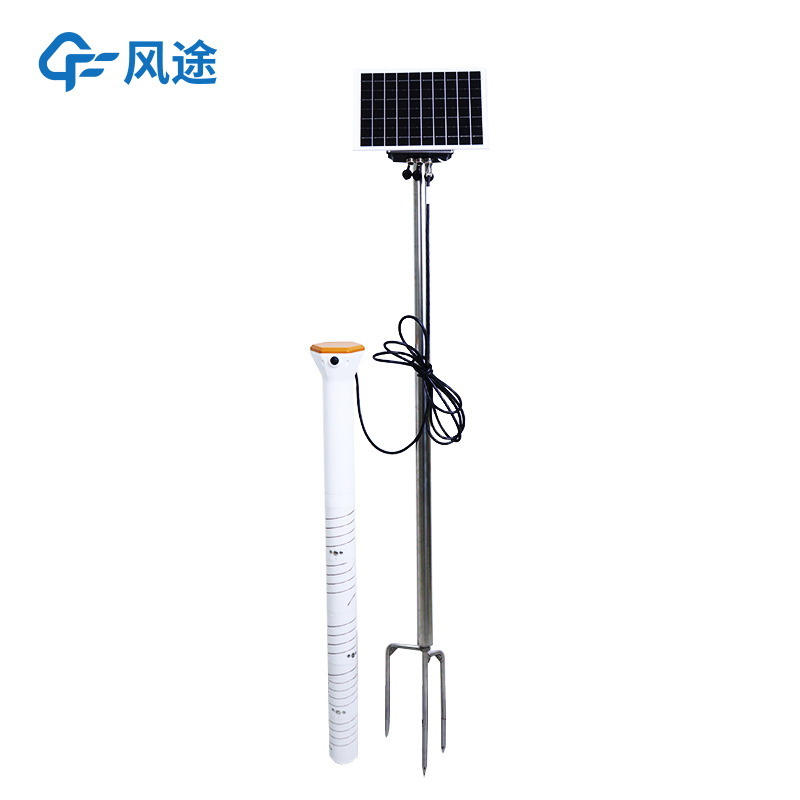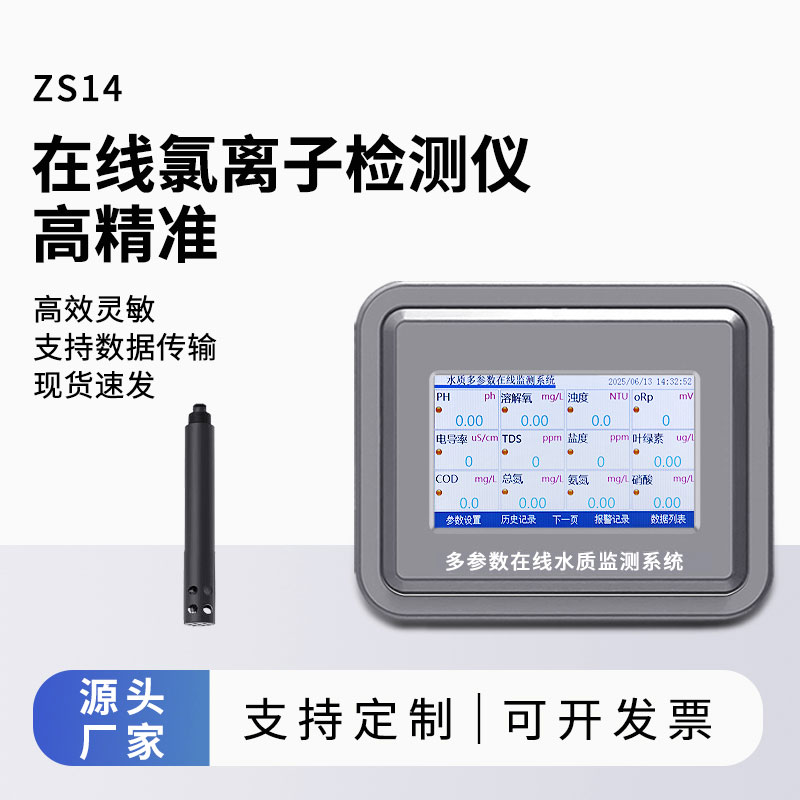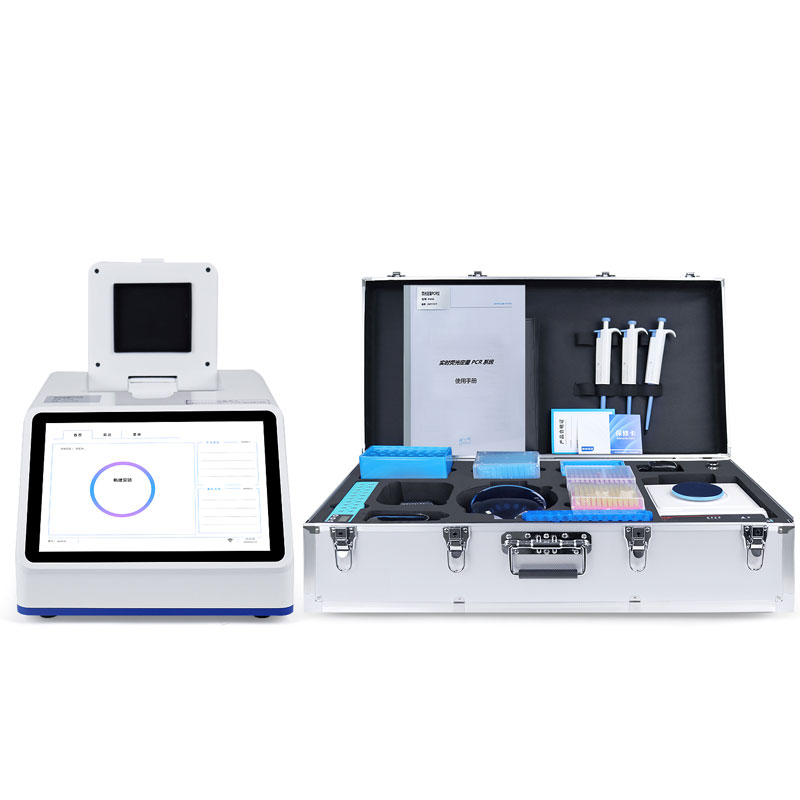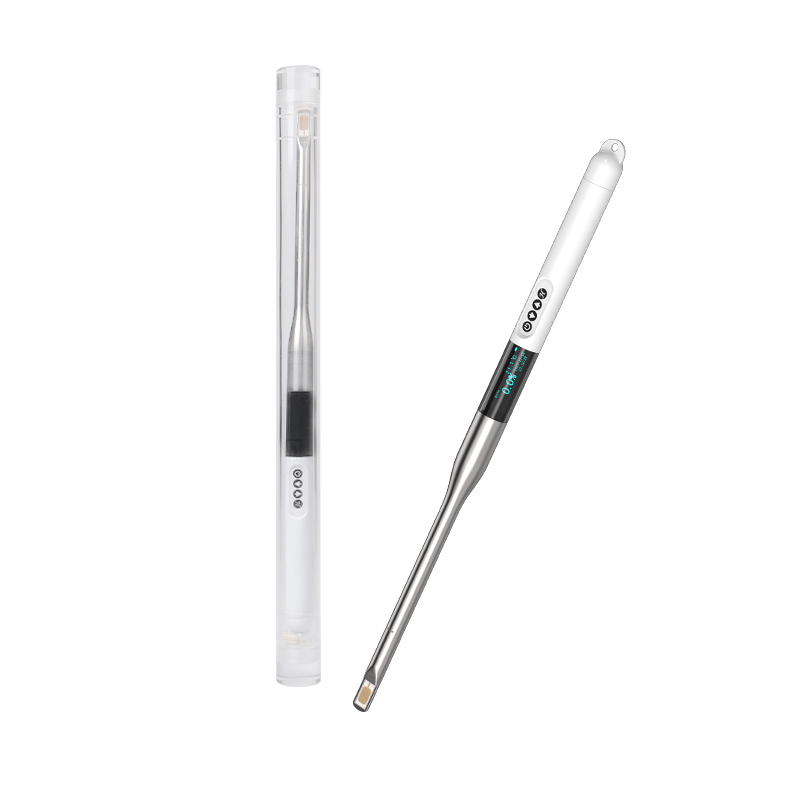The Multi Depth Soil Moisture Probe is an advanced agricultural management tool based on sensor technology, data transmission, and data analysis. It provides real-time and accurate measurement of soil moisture content, offering scientific basis for irrigation decisions.
Traditional agricultural irrigation has long relied on empirical judgments, such as observing weather conditions, soil appearance, or following fixed schedules. This approach often leads to water waste due to insufficient or excessive irrigation. Statistics show that global agricultural water usage accounts for over 70% of total freshwater consumption, with water losses from inefficient irrigation reaching 30-50%. Additionally, improper moisture management directly affects crop root development, nutrient absorption, and final yields. As global water scarcity becomes increasingly prominent and the concept of precision agriculture gains popularity, achieving "on-demand irrigation" has become a key issue in modern agricultural development. The Multi Depth Soil Moisture Probe elevates moisture management from extensive empirical judgment to refined data-driven decision-making through technological means.
After soil moisture data is collected and transmitted to cloud platforms or servers, it undergoes analysis and processing through specialized software. Users can intuitively view real-time moisture data and historical variation curves for different field areas through computer or mobile applications. The system allows users to set irrigation thresholds for different crops. When the data falls below or exceeds the preset range, the system automatically issues alerts and can link with irrigation equipment to implement automated precision irrigation.
Management personnel can remotely monitor field moisture conditions in real-time through the platform. This 7x24-hour continuous monitoring capability also enables timely warning of local drought issues, avoiding oversights from manual inspections.
Similarly, accumulated long-term soil moisture data can be combined with meteorological and crop growth information for comprehensive analysis, optimizing regional water resource allocation plans and enhancing agriculture's resilience to climate change. It represents a transformative shift in modern agricultural management from passive response to proactive management.

This paper addresses:https://www.fengtusz.com/industry/865.html









